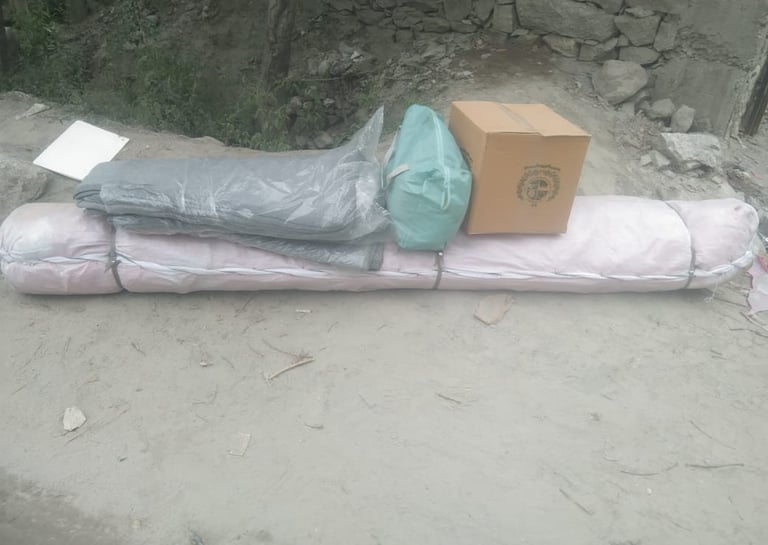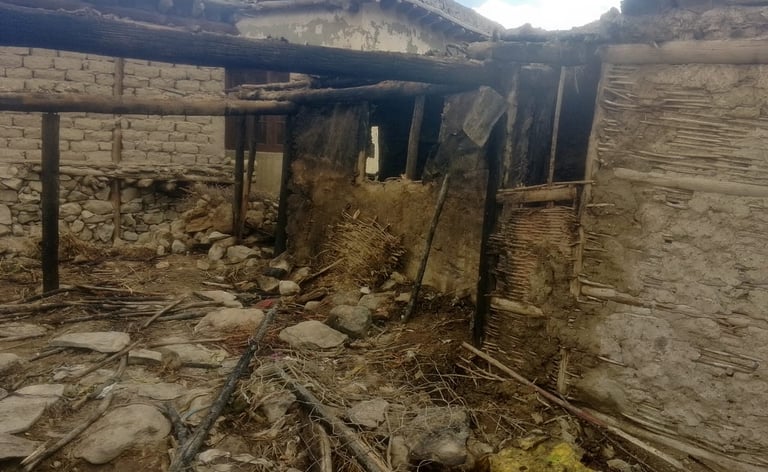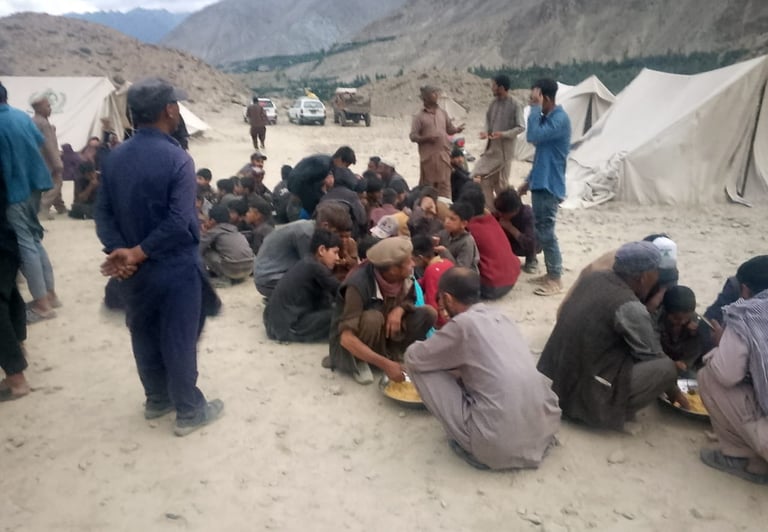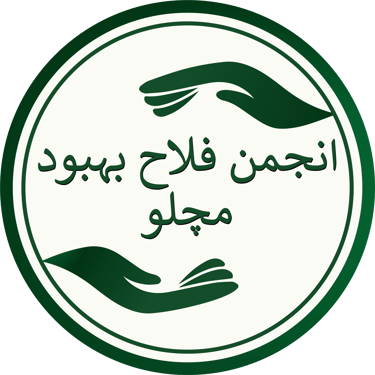Projects of Anjuman-e-Falah Wa Behbood Machulo
Anjuman-e-Falah Wa Behbood Machulo has been a pillar of hope and support for the people of Machulo since its inception in 2001. Over the years, it has focused on improving education, healthcare, infrastructure, and overall community welfare. Each project undertaken by the Anjuman reflects the compassion, determination, and unity of the local people as well as support from overseas members. Below is a detailed look at these transformative initiatives:
1. Musafir Khana
Impact:
Provided safe and affordable housing for newcomers.
Enabled youth to pursue employment and education opportunities.
Supported long-term economic uplift by encouraging migration and skill development.
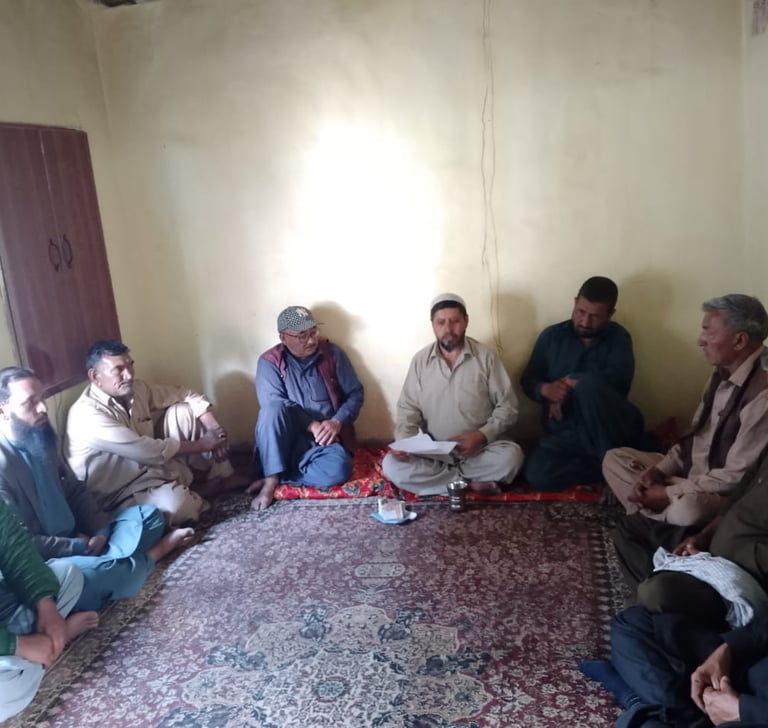

When many residents of Machulo began migrating to bigger cities in search of better education, employment, and healthcare opportunities, the lack of affordable accommodation became a major challenge. Understanding this need, the Anjuman decided to purchase two small houses—one in Karachi and one in Rawalpindi—to serve as temporary shelters for new arrivals from Machulo.
These Musafir Khanas were not just buildings; they became symbols of hope, a home away from home for families navigating the challenges of urban life. Over the years, hundreds of Machulo families and young professionals used these houses as a stepping stone. Many youth went on to secure skilled jobs in hospitality, including chefs, managers, and hotel staff, while some eventually moved abroad to countries like Dubai, Saudi Arabia, Japan, and across Europe. Some families even settled permanently in these cities, setting up businesses or purchasing their own homes.
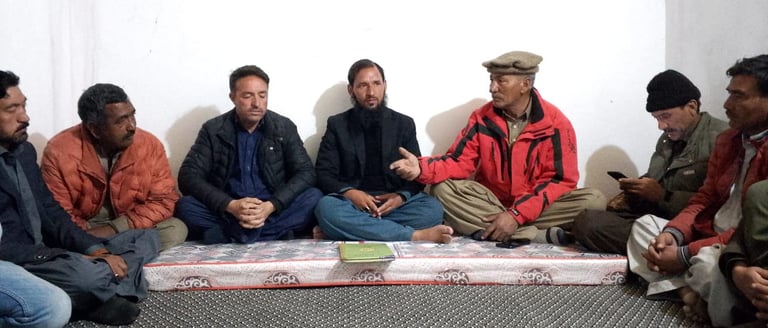

Impact:
Ensured continuous irrigation for agricultural lands.
Supported local farmers and food security.
Strengthened Machulo’s resilience against water shortages.
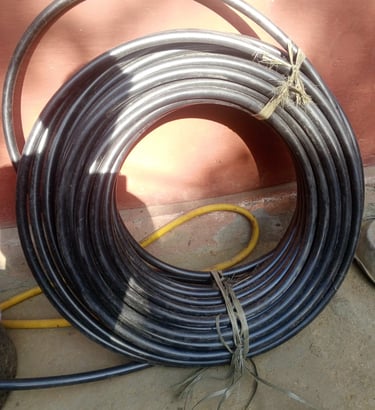

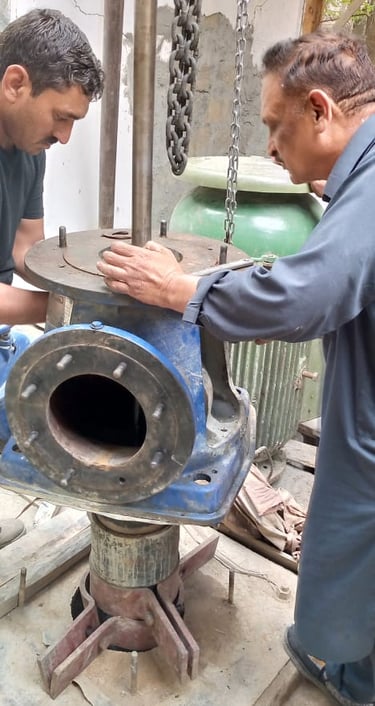

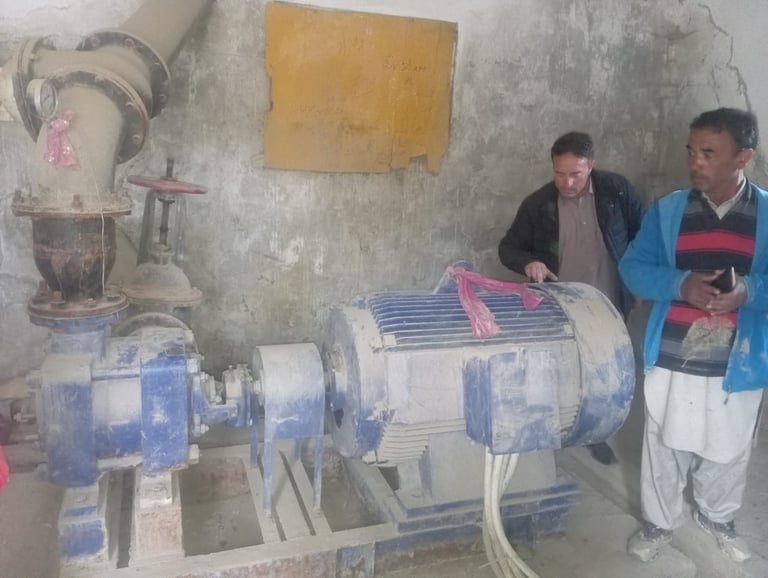

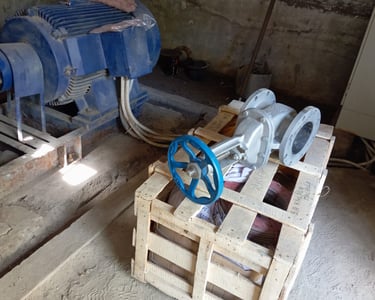

Water scarcity is a persistent issue in Machulo, affecting both daily life and agriculture. In 2002, a Spanish organization installed a water pump to irrigate local fields. Recognizing the importance of maintaining this essential resource, the Anjuman took full responsibility for its upkeep.
The Anjuman handles routine repairs, pipe replacements, and system maintenance, ensuring that the water pump continues to serve farmers year after year. By maintaining this irrigation system, the Anjuman has protected the agricultural backbone of Machulo, helping families grow sufficient crops and sustain livestock.
2. Repair and Maintenance of the Lif Irrigation Water Pump
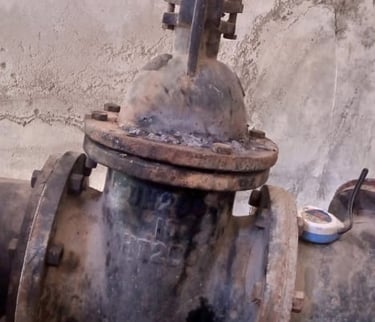

3. Medical Financial Support
Impact:
Provided life-saving medical support to families in need.
Reduced the burden of healthcare costs for low-income households.
Strengthened community solidarity and trust in the Anjuman.
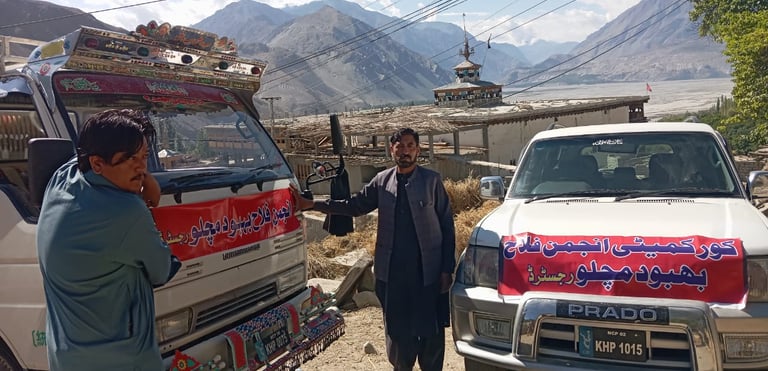

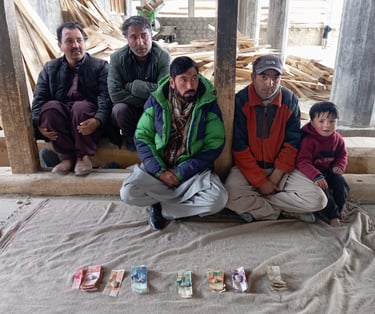



Healthcare in Machulo has always been limited due to geographical isolation and financial constraints. Many families had to care for seriously ill members at home simply because they could not afford medical consultations or hospital travel. To address this, the Anjuman established a community-funded medical support program.
Through this initiative, families received financial assistance for critical treatments, hospital visits, and medication. The program ensured that no patient was left untreated due to poverty. The Anjuman continues to manage and raise funds locally to support the most vulnerable members of the community.
Healthcare in Machulo has always been limited due to geographical isolation and financial constraints. Many families had to care for seriously ill members at home simply because they could not afford medical consultations or hospital travel. To address this, the Anjuman established a community-funded medical support program.
Through this initiative, families received financial assistance for critical treatments, hospital visits, and medication. The program ensured that no patient was left untreated due to poverty. The Anjuman continues to manage and raise funds locally to support the most vulnerable members of the community.
Impact:
Provided life-saving medical support to families in need.
Reduced the burden of healthcare costs for low-income households.
Strengthened community solidarity and trust in the Anjuman.
4. Humanitarian Aid, Rescues, and Disaster Relief
